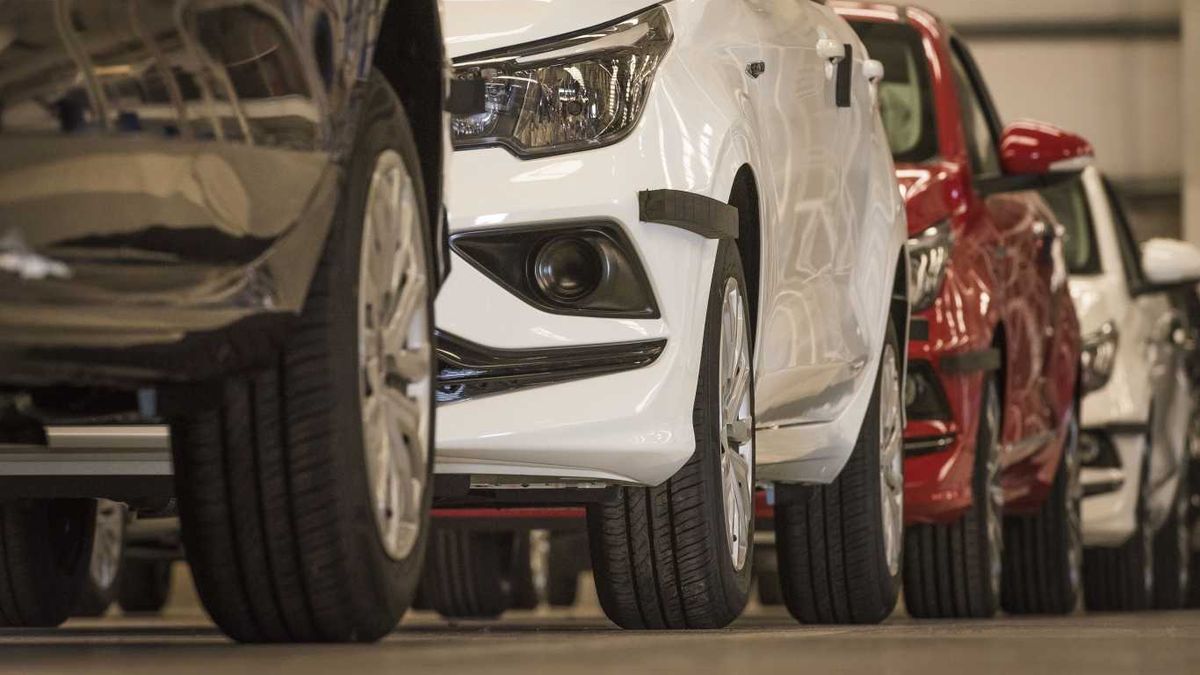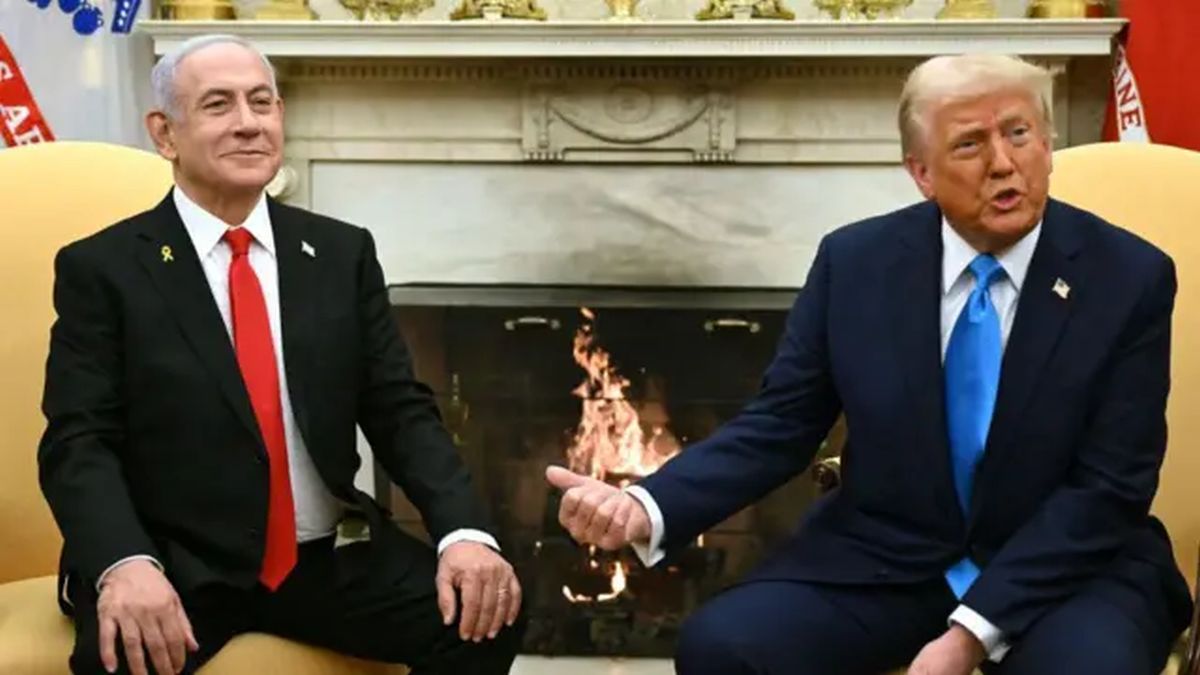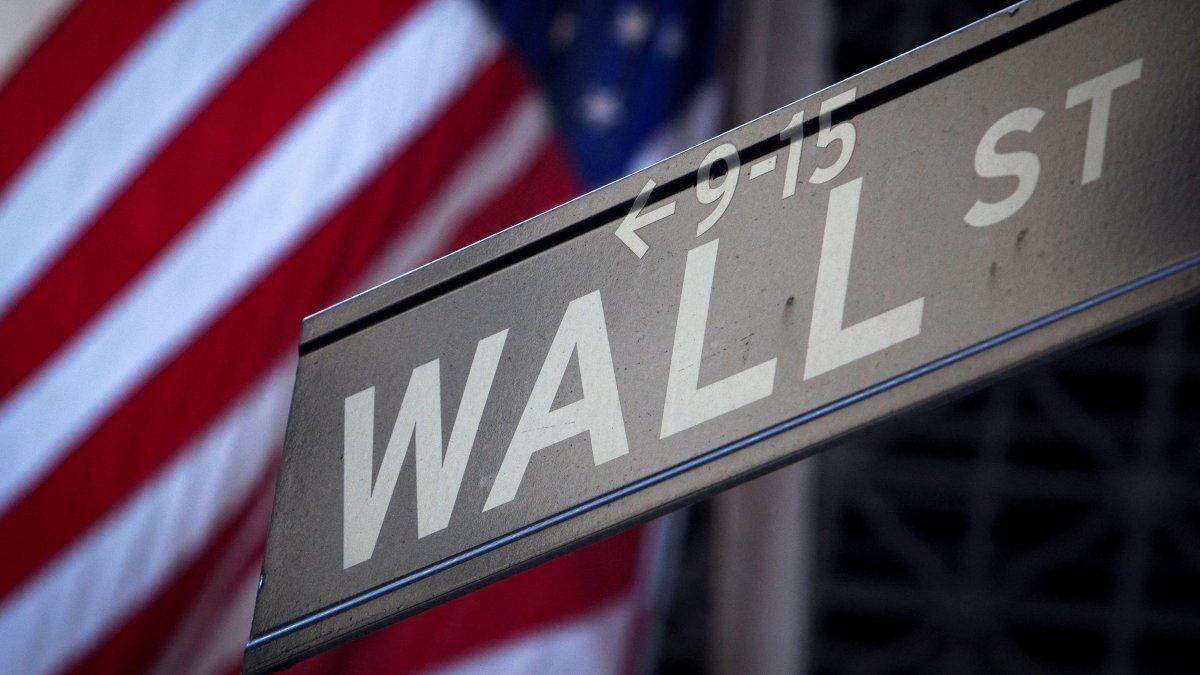In the absence of a general agreement that would imply mandatory compliance, the novelty is that the system that will be put into operation will be of voluntary use for each company.
In this way, it was possible to unblock the discussion that has been going on for several weeks and that collided with the different positions that each automaker had in the face of the complexity of implementing an exceptional standard.
What was being negotiated was a mechanism that would allow diverting the dollars that the automakers demandTo import cars finished, to auto parts manufacturers so that they can pay their suppliers of parts and raw materials abroad.
The Central’s rush to find a solution is due to the fact that auto parts manufacturers have not been importing normally for several weeks and are working with their stocks of supplies. If the flow of purchases abroad is not resumed, the supply to the automakers is at risk.
The origin of this conflict is that the Central Bank does not have enough reserves to meet the demand for dollars caused by both automakers and auto parts manufacturers, to import 0 km and supplies and this endangers the production of the sector.
For this reason, from the offices of Miguel Fish, raised the need to implement a mechanism to relieve the coffers of the Central.
The official proposal was that the automakers postpone the order of dollars for the importation of finished cars and that these currencies be destined to the greater import of inputs that the auto parts manufacturers require.
In this context, multinational terminals have to postpone payments for your imports of 0km that they make to their parent companies by refinancing those commitments. Thus, the companies made a “loan” to the State so that those dollars would go to the imports of the auto parts manufacturers.
The form of implementation of this mechanism is very complex and prevented an agreement from being reached beforehand that would conform to all. For this reason, it will be voluntary.
The problems that arose ranged from how to implement the arrival of the dollars that the terminals stop demanding from the auto parts companies up to the amount that was required to be deferred.
If tariff positions on certain inputs were freed, this benefit could be used by manufacturers in other sectors using the same products.
There is also no clarity on how to control that the dollars received by auto parts manufacturers from a given automaker match the amount of dollars that this terminal finances with its parent company.
The issue of the amount of payments to be postponed also generated controversy.
Initially there was talk of $150 million. It was the calculation that the Central Bank had made, taking as reference an average increase in production of 25% for this year, over 2021.
The auto parts sector, last year, imported inputs for US$600 million. A rise of 25% meant a demand for an additional US$150 million. But in that estimation it was not necessary to international prices increased strong in dollars, in recent months, nor that these inputs are used to produce 0 km, which, in turn, is export so they generate their own currency.
Given the impossibility of agreeing on all these variables on a sectoral basis, each company will have to take charge of the mechanism to release the dollars it needs to import 0 km and that these currencies reach its auto parts dealers to import supplies.
Source: Ambito
David William is a talented author who has made a name for himself in the world of writing. He is a professional author who writes on a wide range of topics, from general interest to opinion news. David is currently working as a writer at 24 hours worlds where he brings his unique perspective and in-depth research to his articles, making them both informative and engaging.




